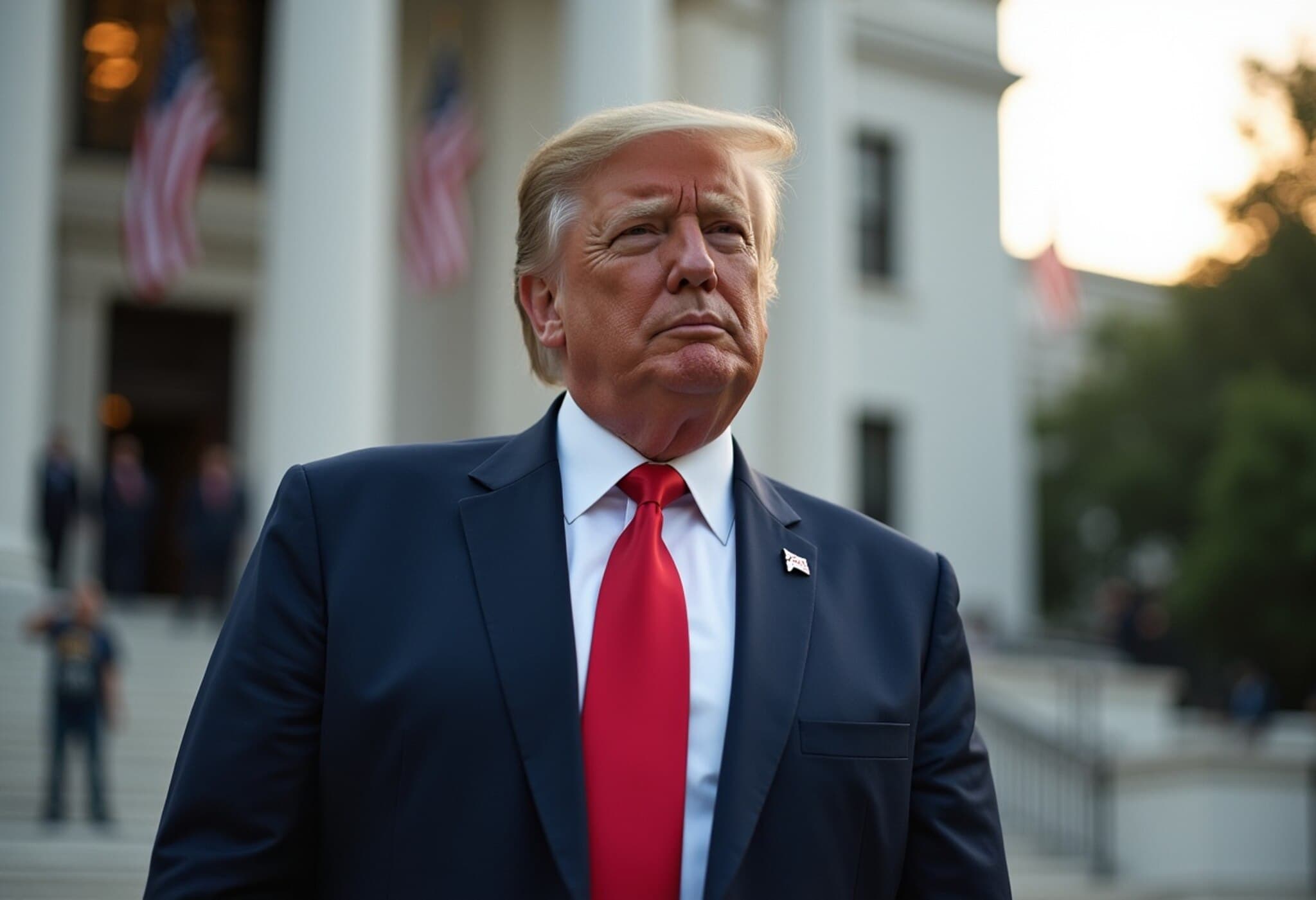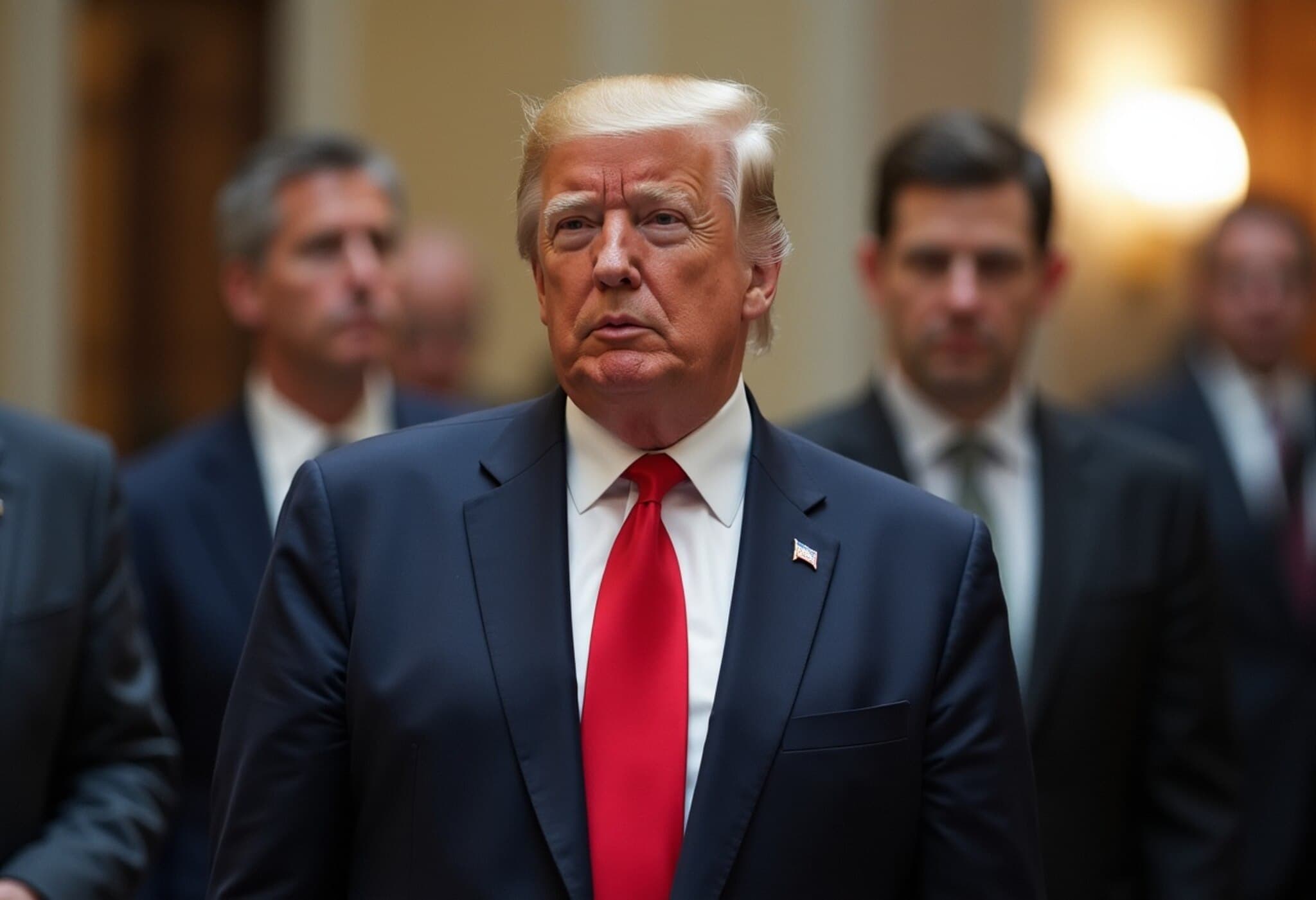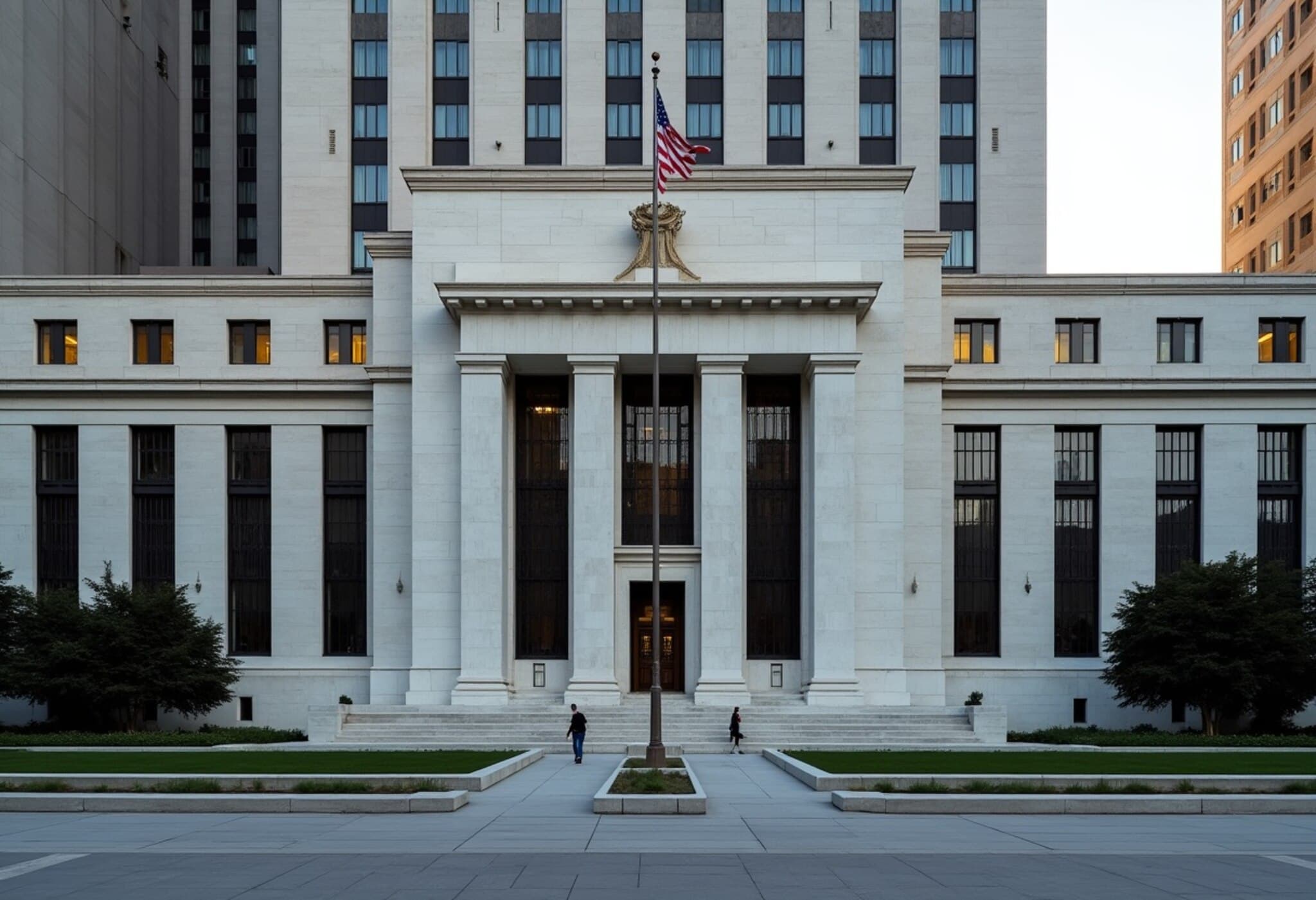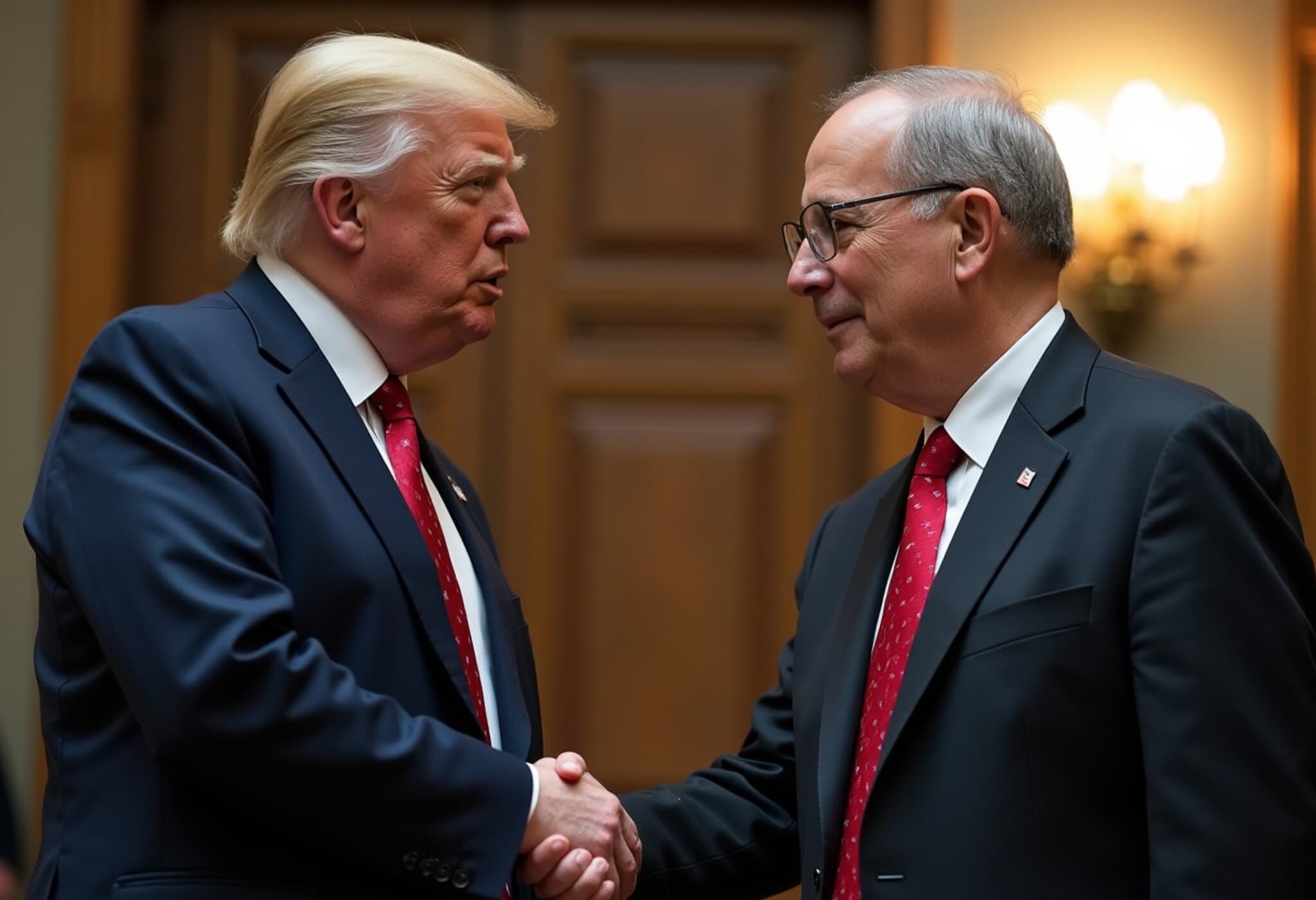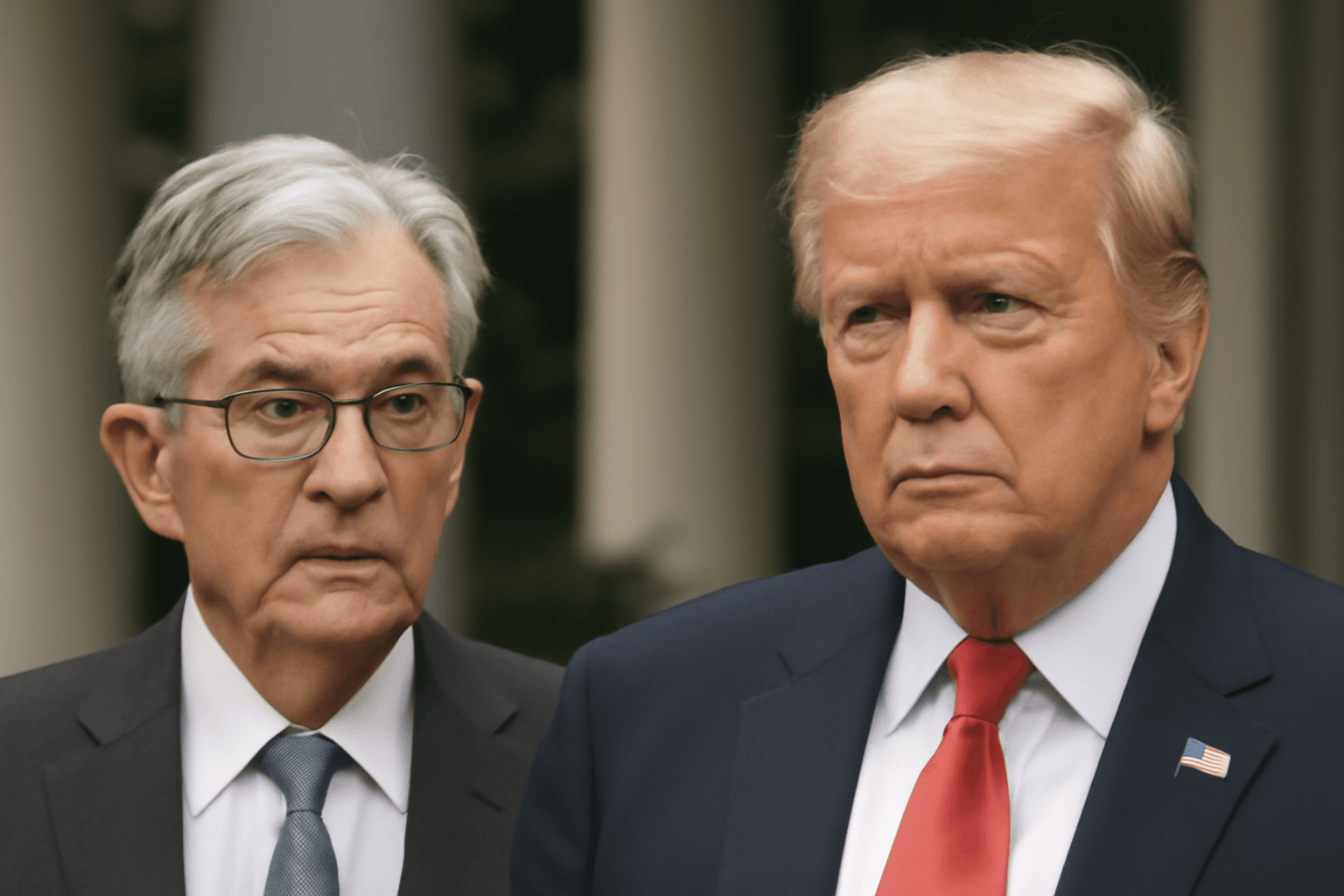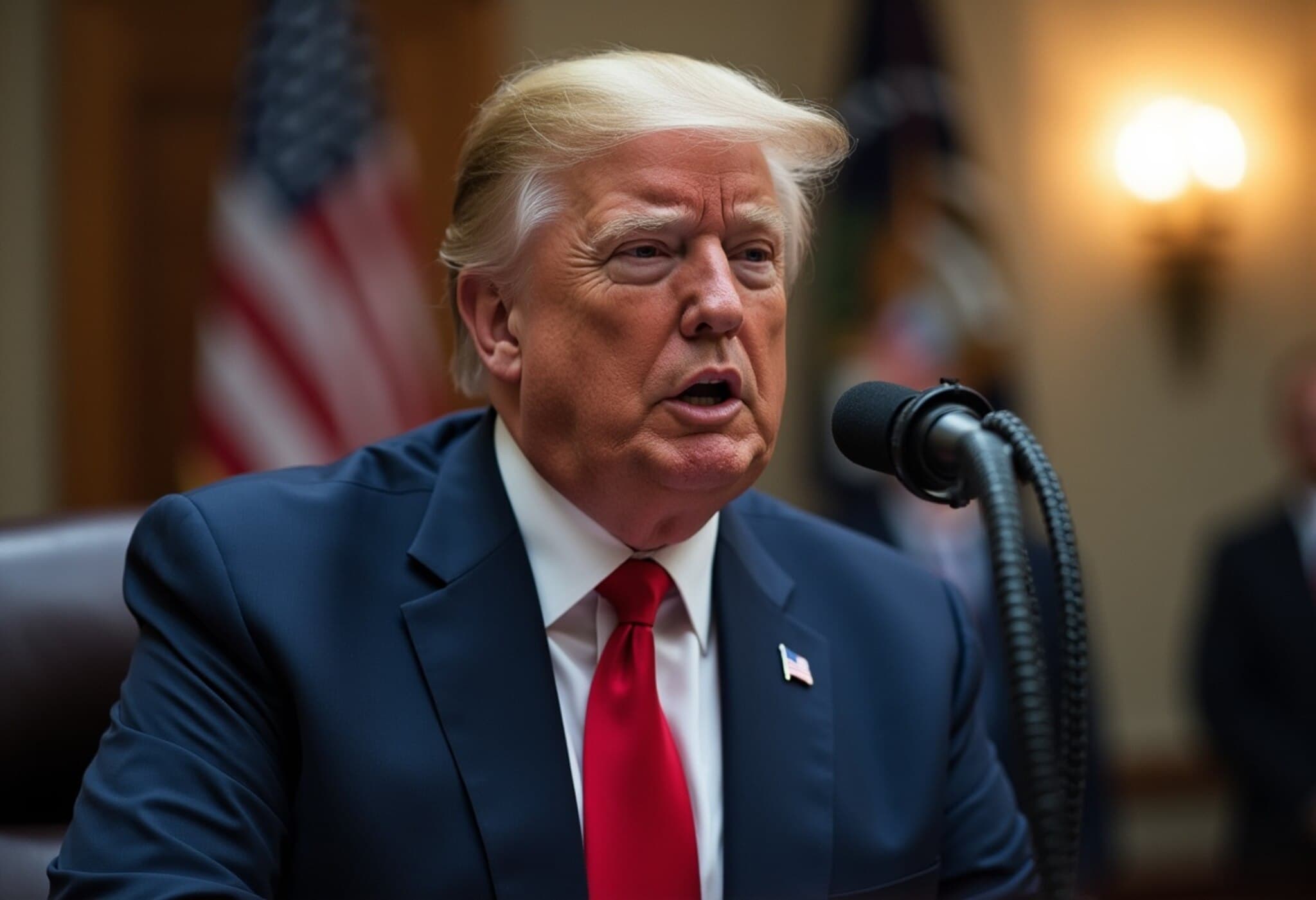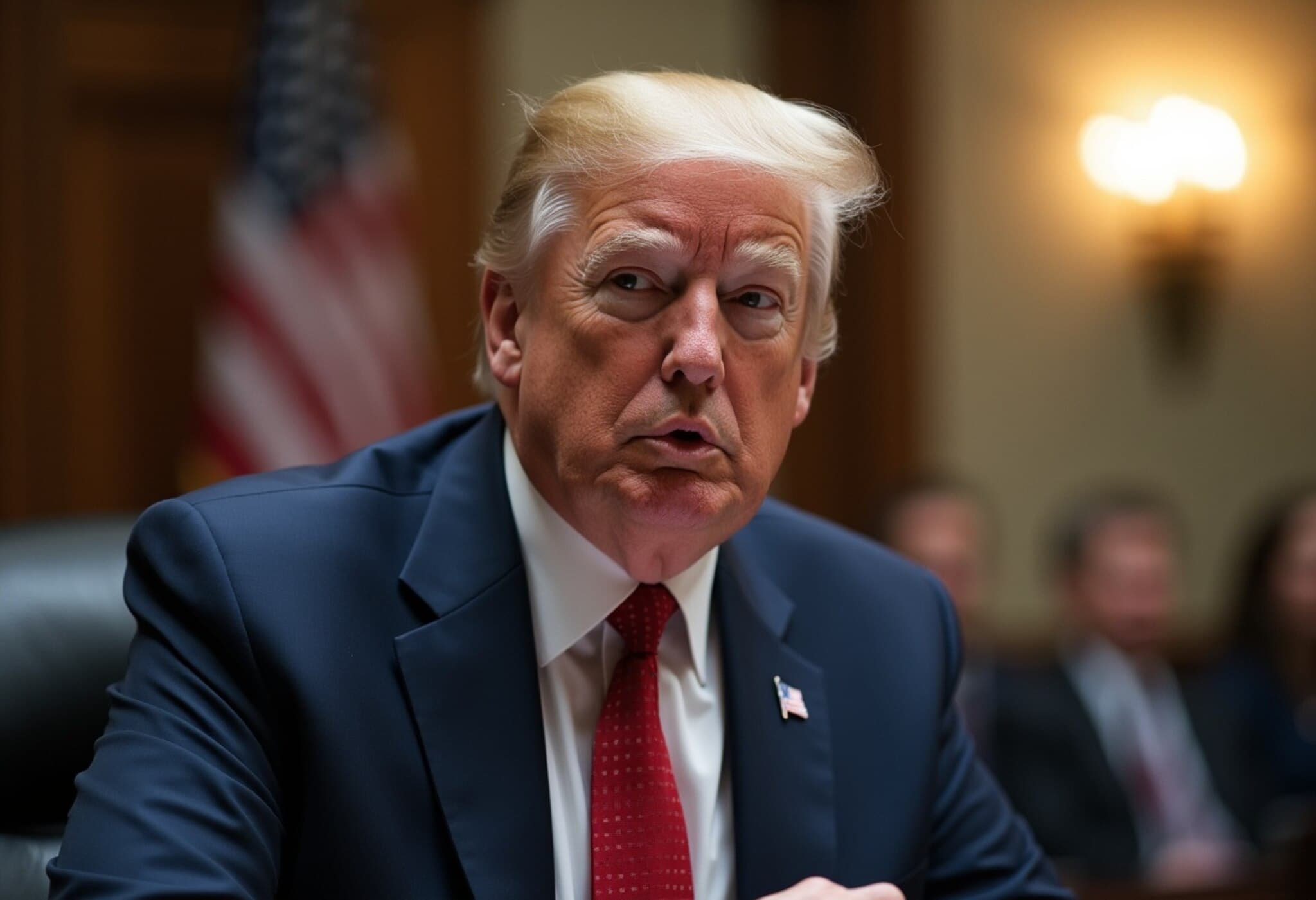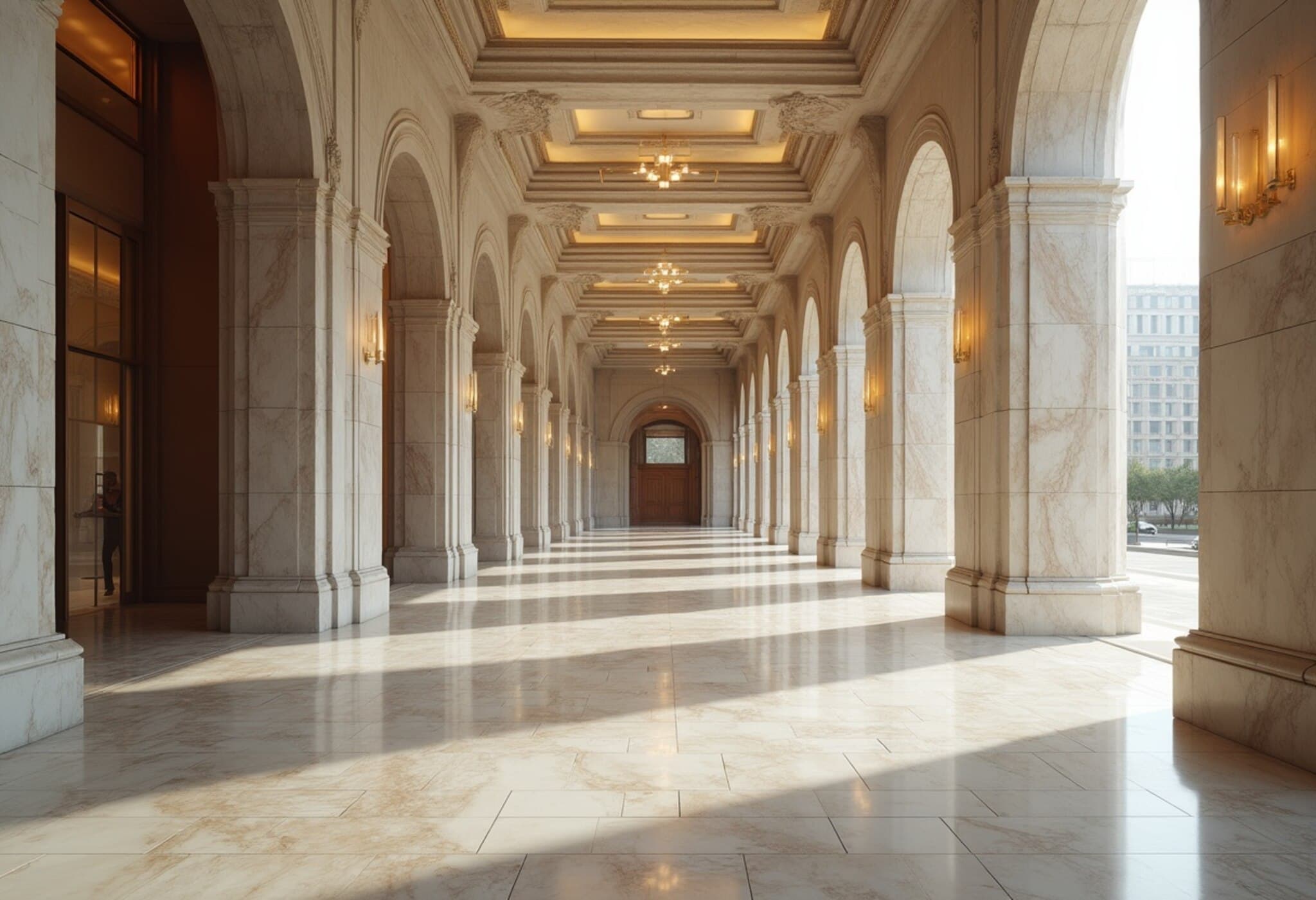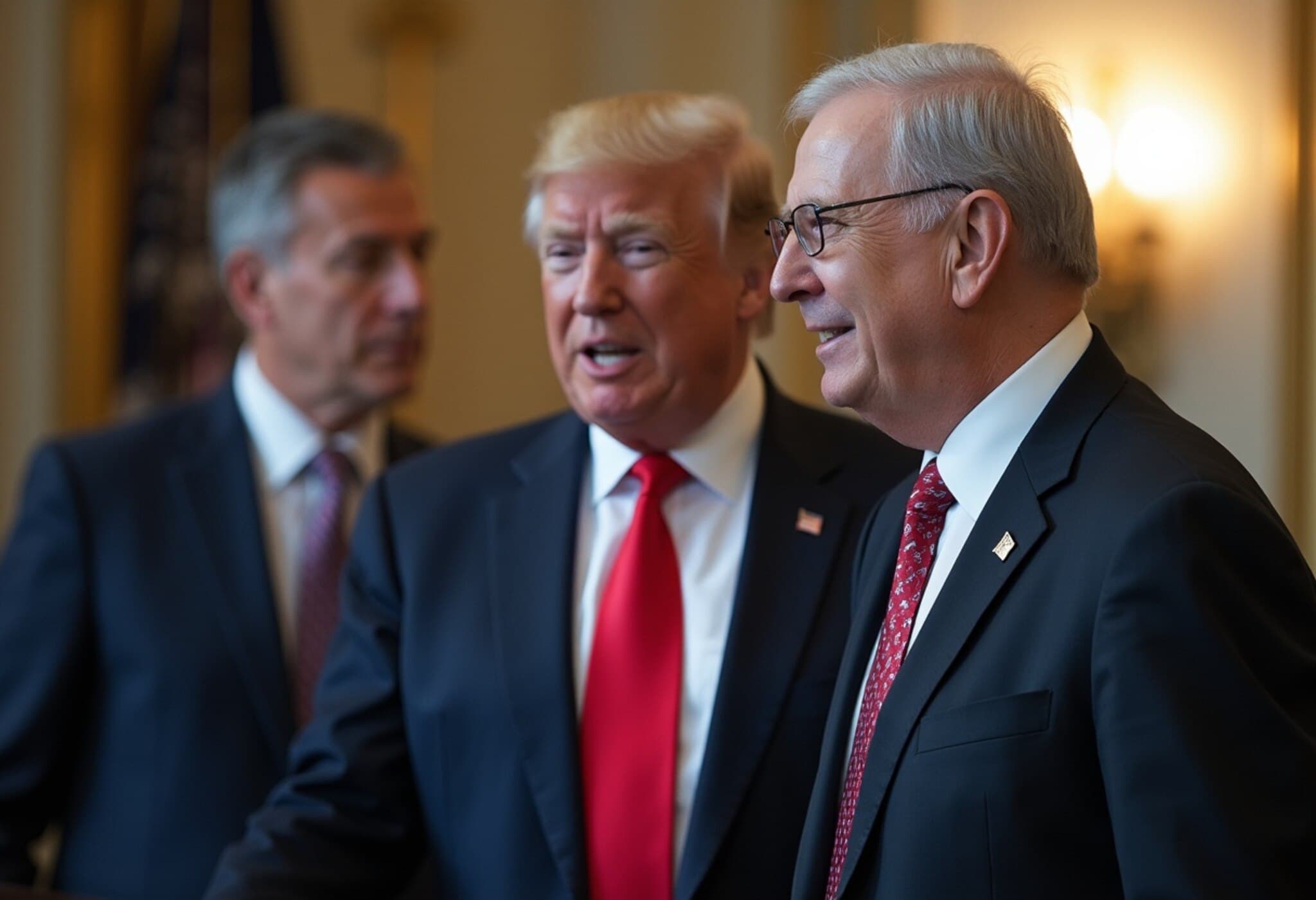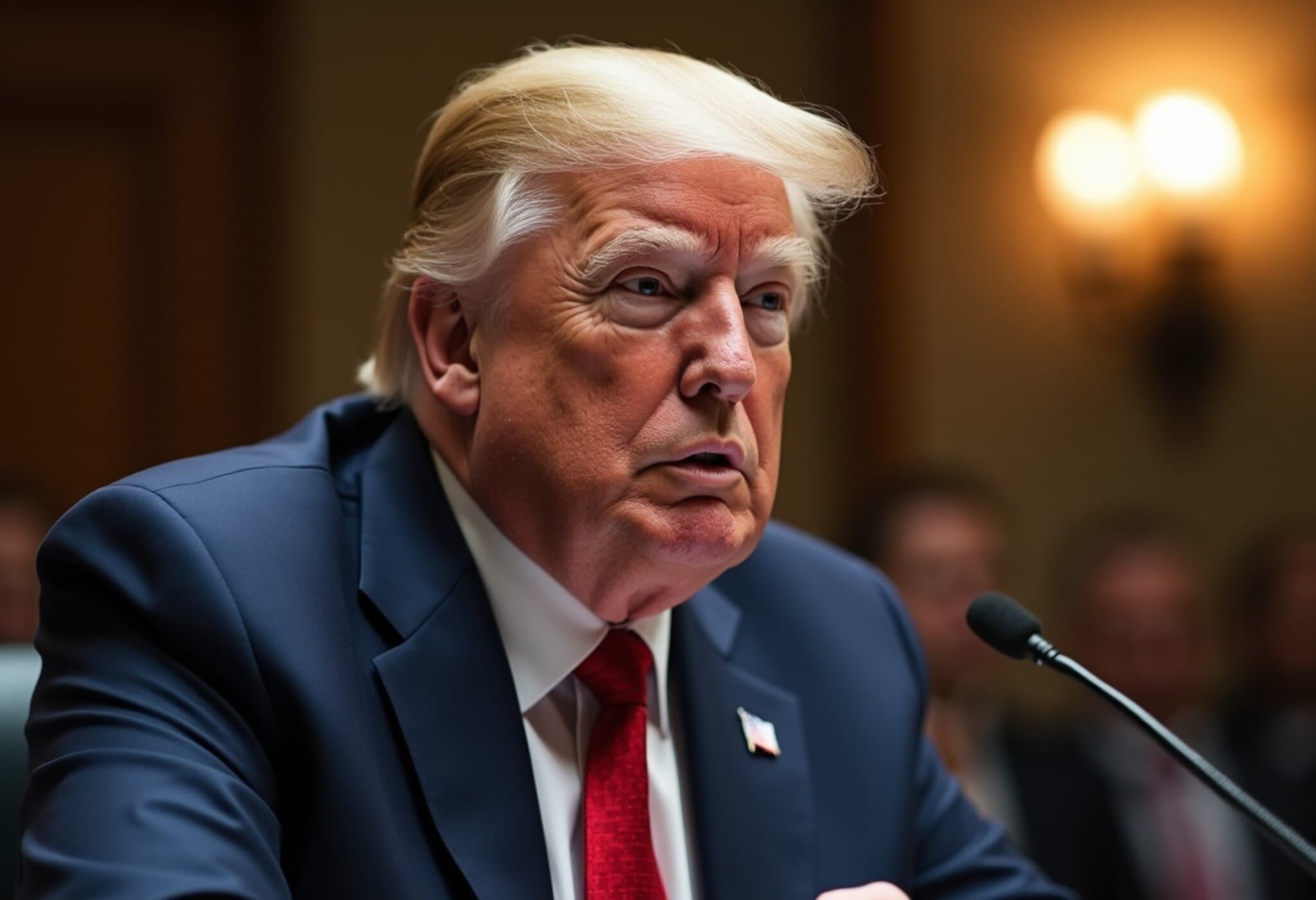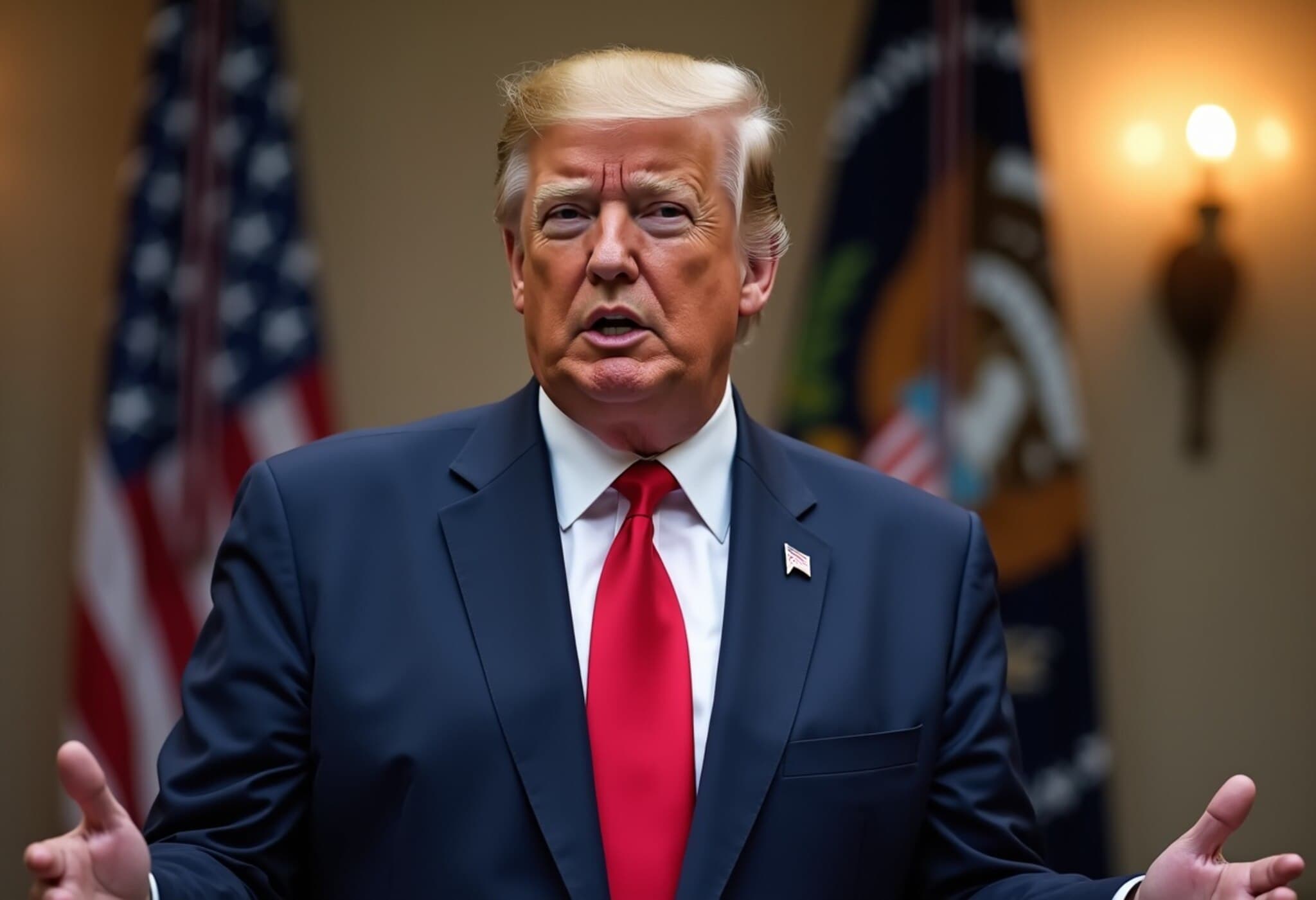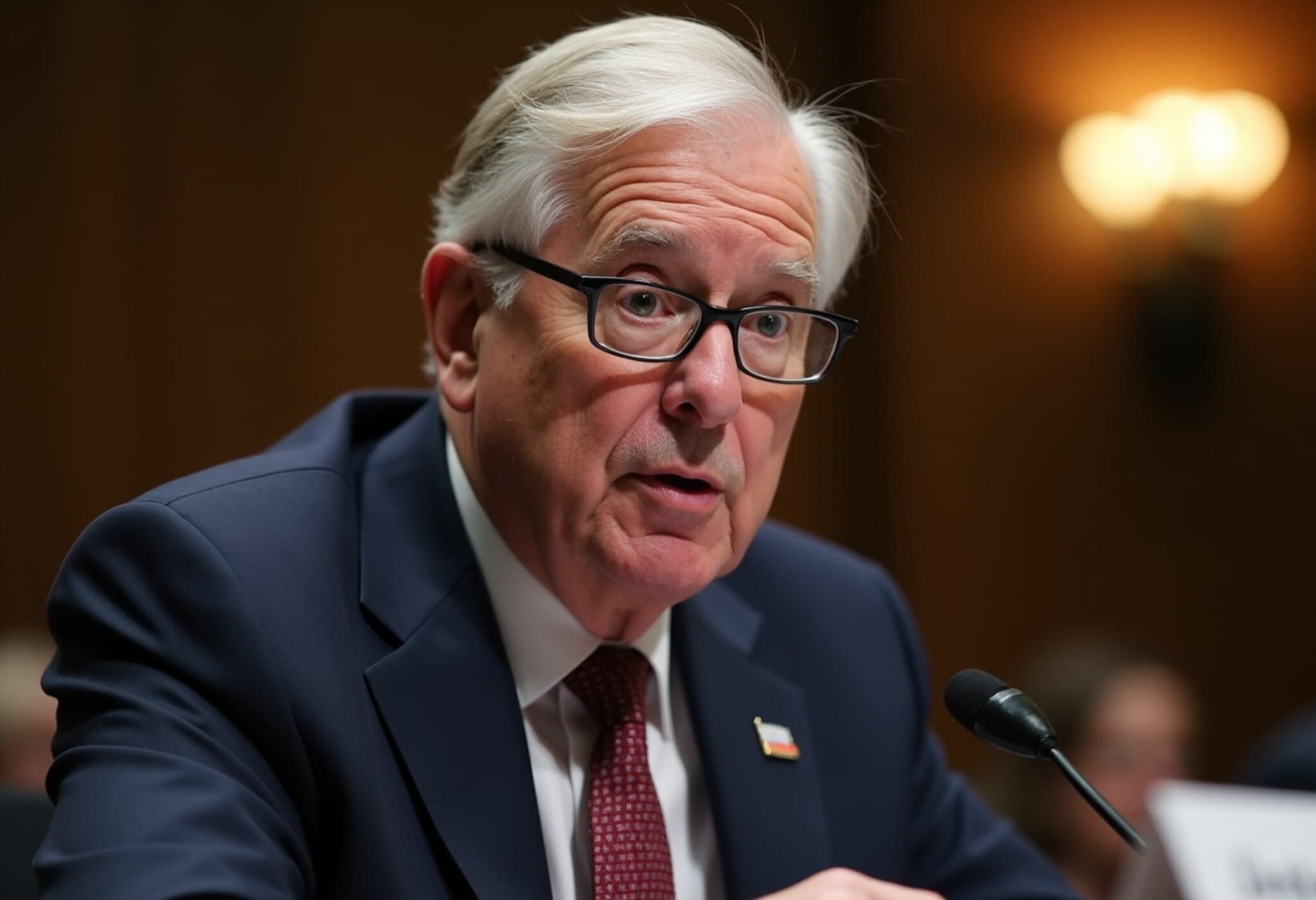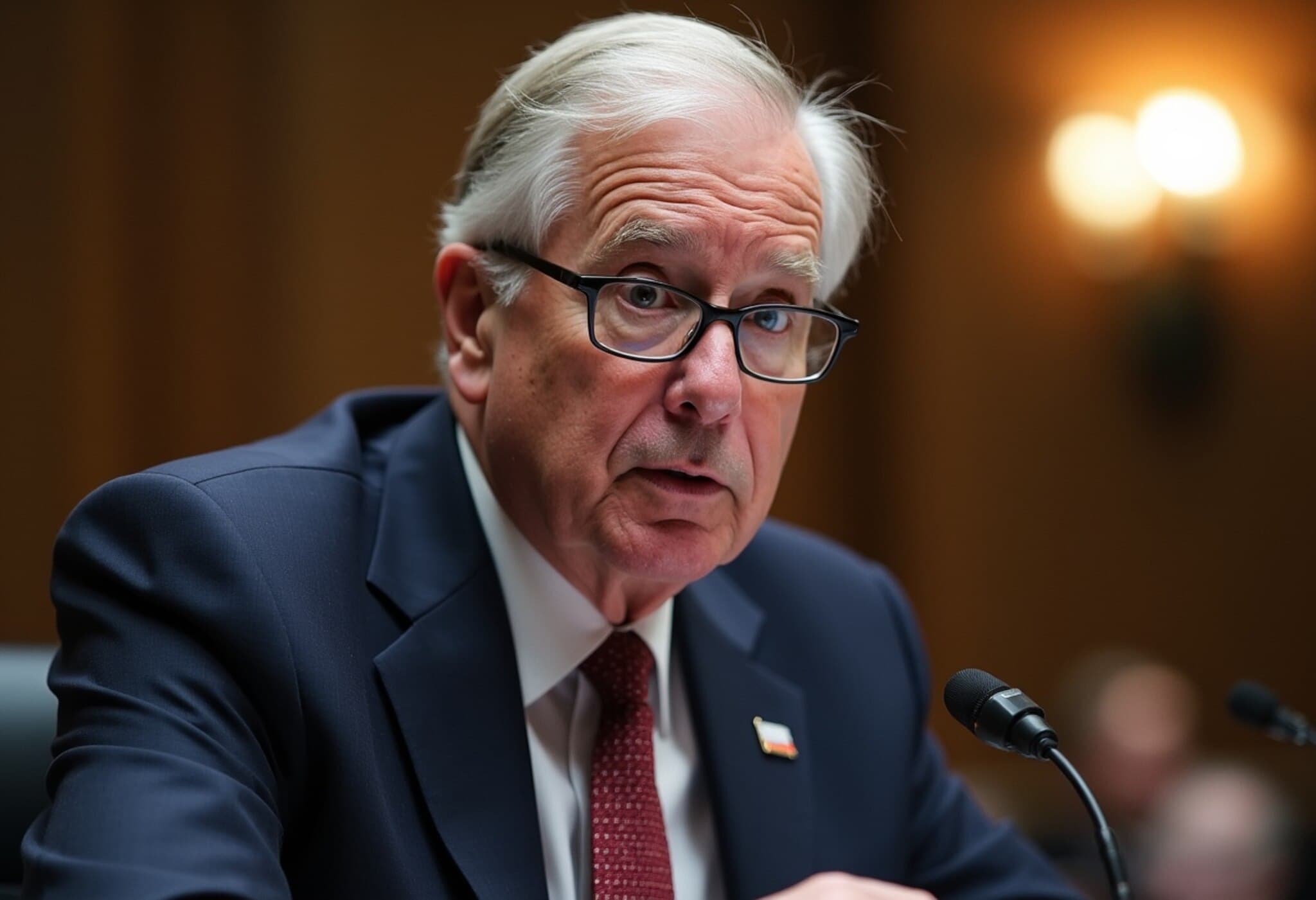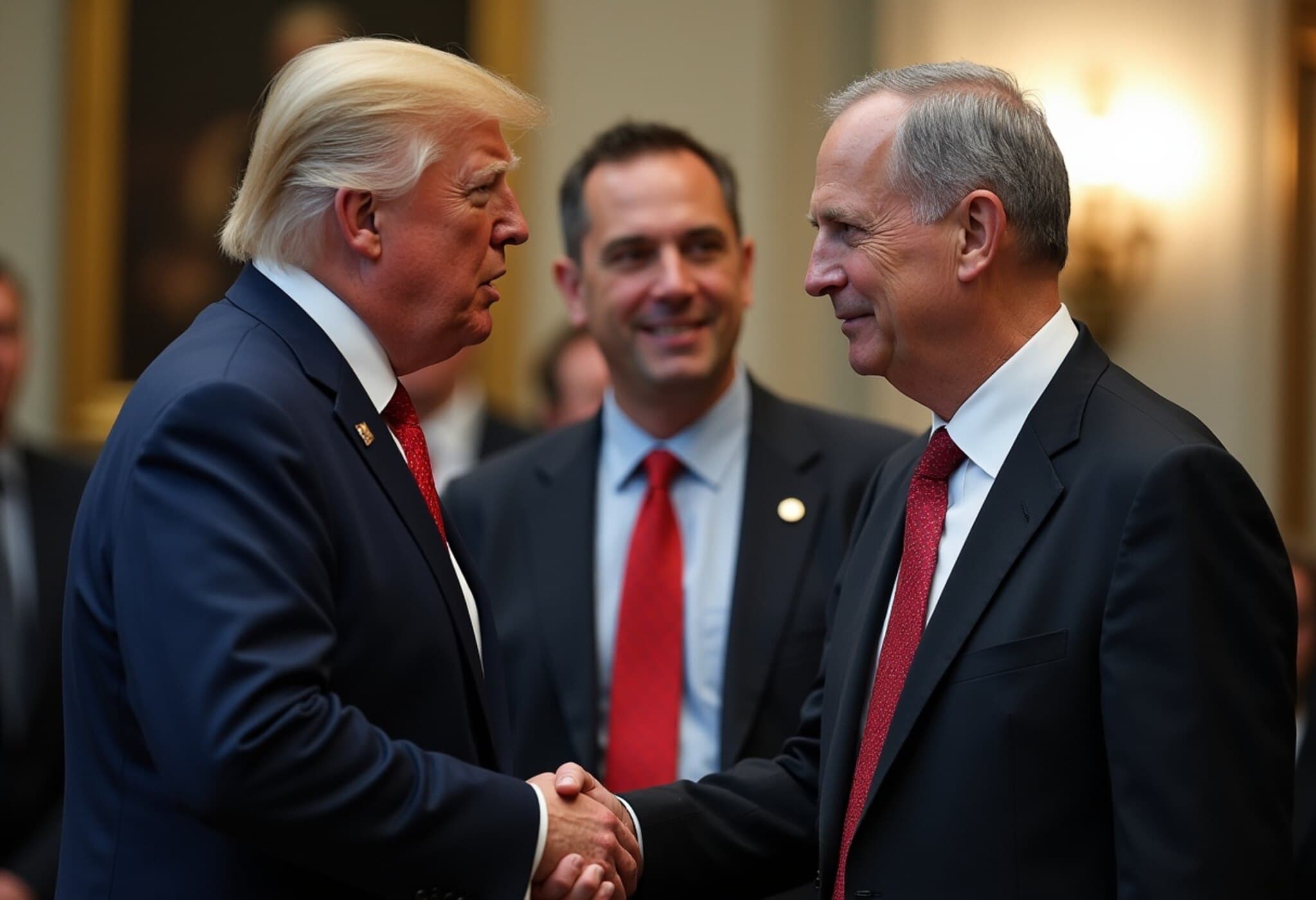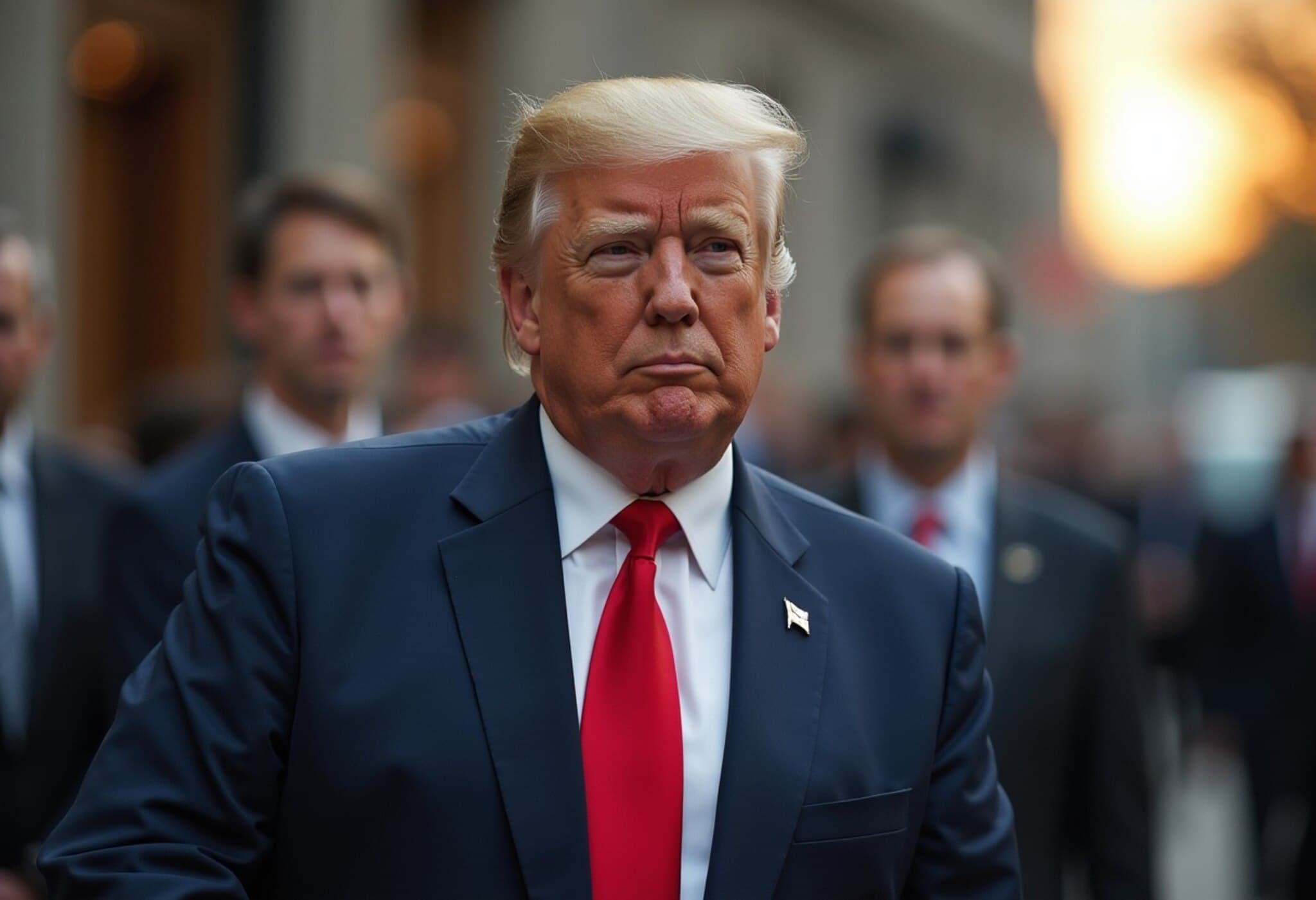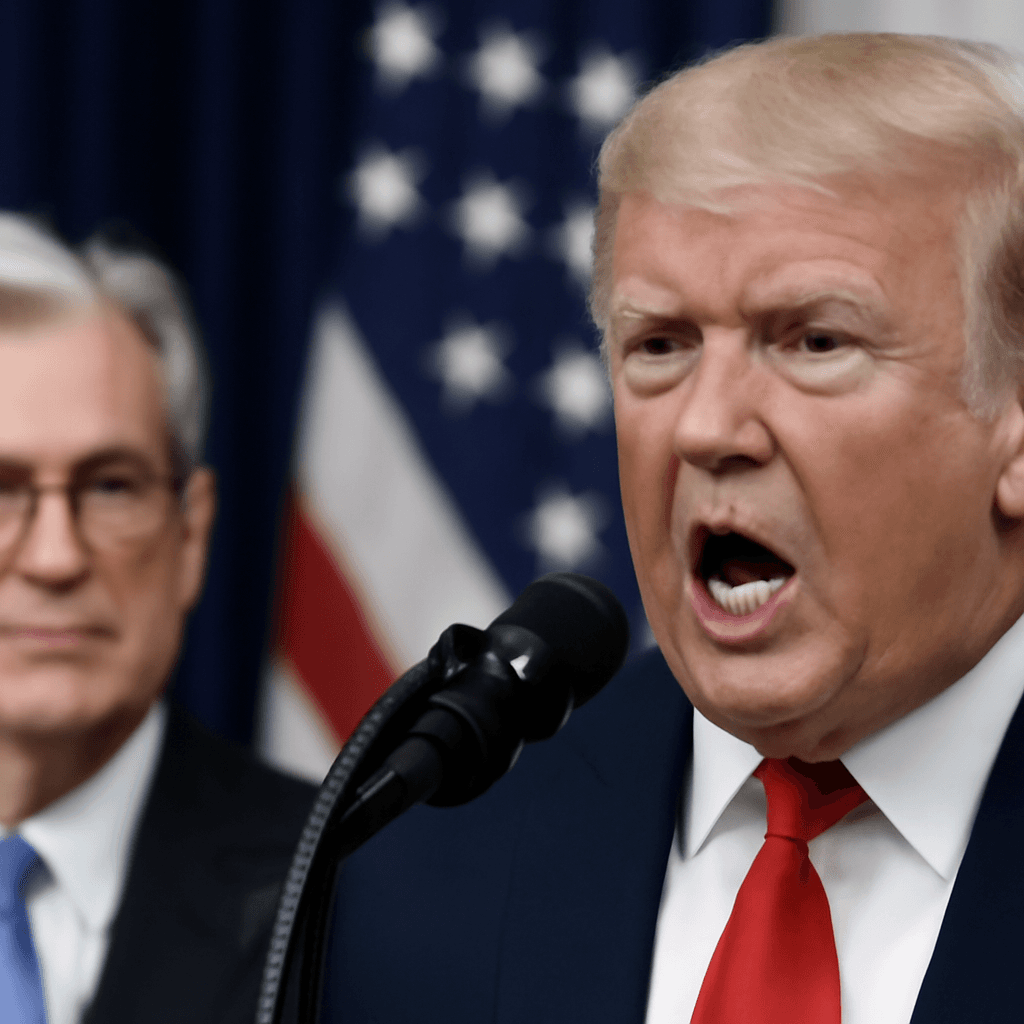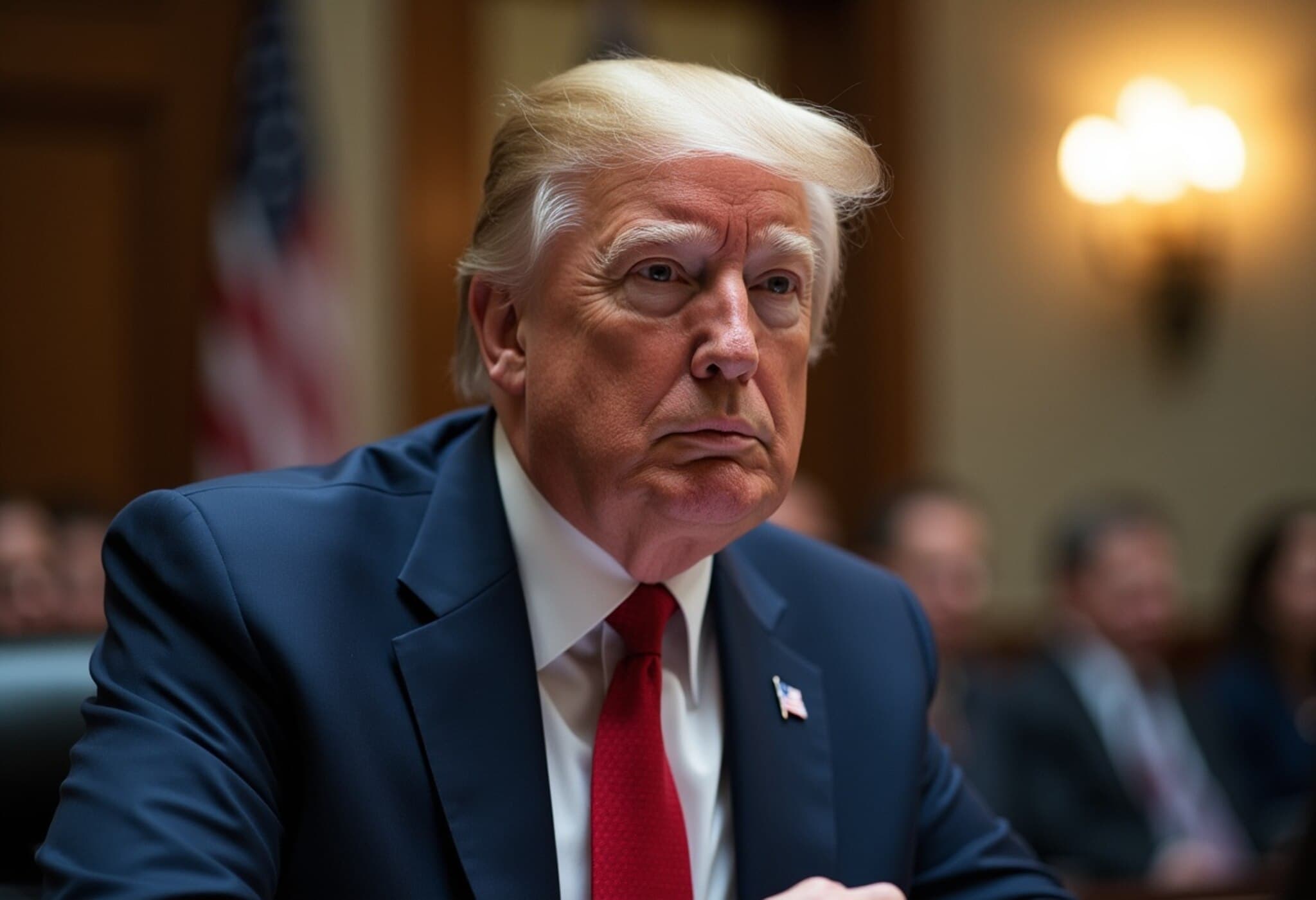Trump Amplifies Allegations of Fraud in Federal Reserve’s Headquarters Renovation
President Donald Trump has sharply increased scrutiny of the Federal Reserve's extensive $2.5 billion renovation project at its Washington, D.C. headquarters. The White House’s move, including plans for an on-site inspection this week, underscores mounting political tension between Trump and Federal Reserve Chair Jerome Powell—who has resisted pressure to cut interest rates amid economic concerns.
White House Steps Up Investigation
The administration, according to multiple reports including Semafor and Reuters, is coordinating a hands-on review of the renovation on the historic Fed buildings. White House Deputy Chief of Staff James Blair confirmed the visit, with Senate Banking Committee Chair Tim Scott reportedly considering joining. The push is driven by allegations—though lacking concrete evidence—that the project may be inflated or tainted by fraud.
Blair noted that Powell had recently informed officials of design changes from earlier plans, prompting the administration to seek clarity. Yet despite requests, both the White House and Federal Reserve declined further comment outside of official channels.
Political Undercurrents: Trump’s Quest to Oust Powell
At the heart of these allegations lies a broader political conflict. Trump has suggested the renovation controversy could justify firing Powell, a move complicated by the Fed Chair's independent status. Publicly, Trump hinted that fraud—if proven—could be grounds for removal, stating it was "highly unlikely" he would dismiss Powell otherwise. Behind the scenes, reports say Trump has circulated possible termination letters and sought allies to back such action.
Fed Pushes Back: Defense of Renovation and Transparency
Powell responded with a detailed letter defending the renovation's necessity, pointing out that the buildings date back to the 1930s and require substantial structural and safety upgrades, including hazardous material removal. He emphasized the project followed all proper approvals without excessive luxuries, countering claims of ostentation voiced by Trump allies like Russ Vought, the former budget director.
Powell also reiterated voluntary cooperation with the National Capital Planning Commission, despite the Fed's typical exemption from its oversight. The Fed Chair’s defense aimed to quell the growing criticism, although Administration officials have called his earlier congressional testimony "misleading."
Economic Realities Behind Cost Increases
Fed Governor Christopher Waller added pragmatic context, noting that inflation and supply chain issues since 2017 have universally driven up construction costs nationwide. Such economic headwinds partly explain why the project’s costs ballooned from initial estimates to a range between $2.5 and $2.7 billion.
Nonetheless, Trump’s critics within the administration continue to question the renovation’s management. William J. Pulte, director of the Federal Housing Finance Agency, accuses Powell of deceptive testimony—allegations lacking public supporting evidence. Meanwhile, Republican Representative Anna Paulina Luna announced plans to refer Powell to the Department of Justice, highlighting the politically charged atmosphere, even if lacking real prosecutorial prospects.
Political Strategy: Renovation as a Lever on Monetary Policy?
Observers see Trump’s focus on the renovation as a strategic maneuver. The Federal Reserve’s steady interest rates this year contrast with Trump’s desire for immediate cuts to fuel economic growth during his 2024 campaign. By spotlighting the renovation’s costs and potential mismanagement, Trump applies public pressure on Powell, framing him as an obstacle to economic recovery.
This dynamic reflects broader tensions between independence in monetary policy and executive influence—a recurring debate in American economic governance. The renovation saga may be less about the buildings themselves than about the symbolic and practical leverage over Federal Reserve decisions.
Looking Ahead: The Fed’s Independence Under Strain
While no formal legal action against Powell has materialized, the heightened scrutiny on the renovation feeds into a wider campaign challenging his leadership. Powell has stressed transparency and accountability but firmly reaffirmed the Fed’s statutory independence from political interference.
As scrutiny intensifies, the Fed’s construction site could become a new flashpoint in the ongoing tussle pitting the executive branch’s economic priorities against the central bank's commitment to autonomous policymaking.
Editor’s Note
This evolving controversy encapsulates the complex interplay between politics, economics, and governance in the U.S. Trump's use of renovation fraud allegations as a potential rationale to oust Powell raises profound questions about central bank independence and the politicization of regulatory oversight. Readers should watch closely how this dispute unfolds, as it may redefine boundaries between the Treasury's authority and the Federal Reserve’s role amidst an increasingly polarized political climate.

